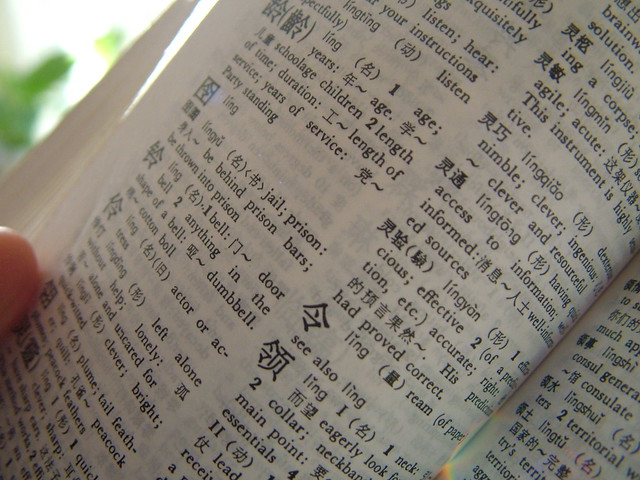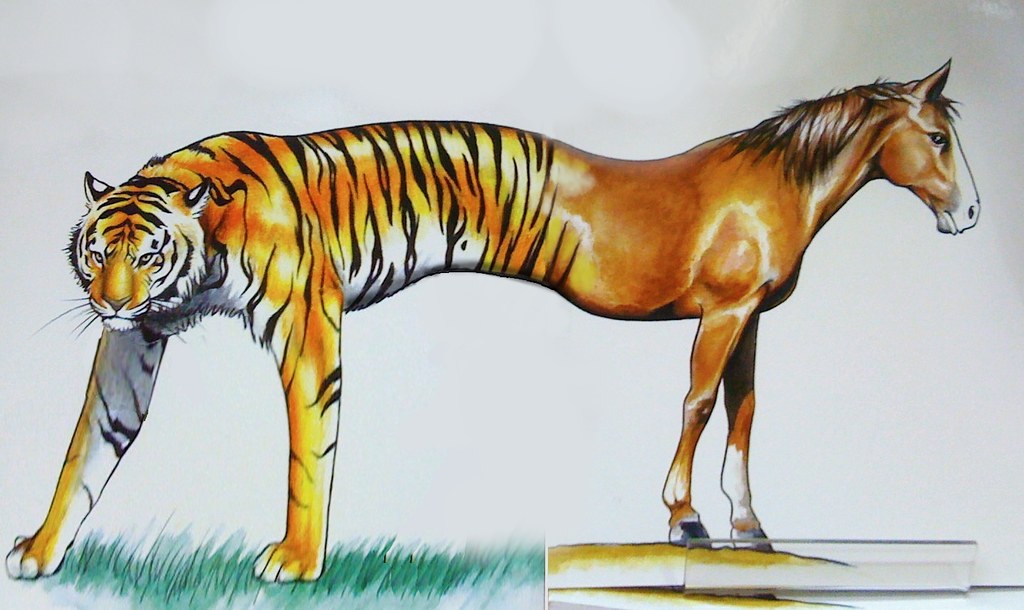By Beth Green
When
I moved to China, I half expected my English students to come out
with proverbs as soon as they opened their mouths.
After
all, China’s rich literary heritage goes back thousands of
years―while we in English-speaking countries dabble with our
Beowulf, marveling at the ‘old’ English that was spoken in
700 CE, we should remember that Chinese scholars have been compiling
their own literary classics since around 700 BCE.
Seeing
though, that I would at first be teaching six-year-olds, I quickly
realized that I’d have to look elsewhere for my pearls of wisdom
(even if they were strewn before swine such as I). But, still I had
grand expectations of one day luxuriating in normal things spoken
cryptically―grains of wisdom in everyday conversations.
 |
| Image by Ian Lamont from harvardextended.blogspot.com |
I
waited, and waited, and finally came to the realization that, unlike
in many films, Chinese people don’t go around translating their own
language’s proverbs into their second language and using them. This
may have something to do with the way most Chinese students learn
English―rote memorization of set phrases. Instead, my
English-speaking Chinese friends were asking me about how hard it
would have to rain before it would be considered ‘cats and dogs,’
and wondering why a ‘stitch in time’ didn’t save ten, only
nine.
In
fact, I didn’t have much exposure to Chinese proverbs at all until
my second year in China, when my school assigned me a new Mandarin
teacher. (One of the perks of teaching abroad is that often you can
work free language classes into your employment package.)
Serena
and I eventually became very good friends, but in the beginning our
Chinese lessons were rough going. We’d sit in a deserted classroom,
two plastic kid-sized desks edged next to each other, going over
Chinese character stroke order, drilling pin yin
(pronunciation) and working our way through tedious, canned dialogues
from my textbook―which usually revolved around landmarks in
Beijing. Now, I do find the capital of China an interesting place,
but it was about 1,000 miles away, and the lessons on subway systems,
tourist attractions and big-city problems were hardly relevant in the
small town I did live in.
After
a few weeks of boring ourselves to death, Serena came to class with a
thick, dusty, red-covered book she said her father had recommended.
It was a book she’d learned from too, when she was a student― a
dictionary of sayings, or cheng
yu,
成语,
many
of which were only four characters long.
I
was at once both pleased and terrified―finally I was ready to learn
something that was more fun than functional―but at the same time,
if it was still proving difficult to go to the post office in
Mandarin, how was I going to get my tongue (and my memory) around
these, more poetical, set phrases?
Chinese
speakers have used cheng yu (which are best described as
idioms rather than proverbs, though they often impart wisdom as would
a proverb) for thousands of years. Some dictionaries have about
20,000 of these linguistic gems, but Wikipedia estimates that only
about 5,000 of them are in popular use.
The
first saying I learned (and probably the first idiom most Mandarin
students learn) was ma
ma hu hu (马马虎虎),or
literally, “horse horse, tiger tiger.”
 |
| Image by Andrew Scott |
The
meaning however, is closer to English’s wishy-washy “so-so.”
How did the phrase come to mean this? A story I’ve heard is that in
a bad (or so-so) painting you may come across something that’s not
quite a horse, and not quite a tiger.
From
this I went on to learn more sayings made up of easy words. I was
thrilled the first time I found one of the sayings in real life and
not in the textbook. It is a typical phrase well-wishers say at a
wedding: Bai
nian hao he
(百年好合),
meaning ‘may you live a hundred years together.’ I discovered
some of the ornamental chopsticks I’d purchased for my apartment
were engraved with this saying―unknowingly I’d picked up a
wedding set!
I
dearly love Chinese sayings with animals in them. One that a friend
told me recently is this Animal Farm-esque proverb, “Kill the
monkey to scare the chickens” or sha
ji gei hou kan
(杀鸡给猴看).
It means to punish someone as a warning to others.
Another
saying featuring monkeys is this one that immediately conjures a
comical mental image: “a monkey wearing a hat,” or mu
hou er guan (沐猴而冠).
This has a more serious meaning than I first guessed though―it
connotes a bad or worthless person who hides behind their good, or
imposing, looks.
 |
| Image by Ganesh Rao |
My
love of crime fiction probably explains why I also delight in the
next two sayings, which have a sinister tone. My all-time favorite
of these proverbs describes backstabbers: “Honey mouth, sword
belly,” or kou
mi fu jian
(口蜜腹剑).
Another good one is xiao
li cang dao (笑里藏刀),
meaning, “a dagger concealed in a smile.”
As
much as I love reading about and learning these expressions, I admit
that I’ve never used anything other than ma ma hu hu in an
actual conversation. My Chinese has never improved to the point that
I could imperil my already fragile and haphazard syntax by throwing
in an aphorism.
In
fact, you could say that, as far as my Mandarin language skills go,
“the rice has already cooked,” sheng
mi zhu cheng shu fan (生米煮成熟饭).










